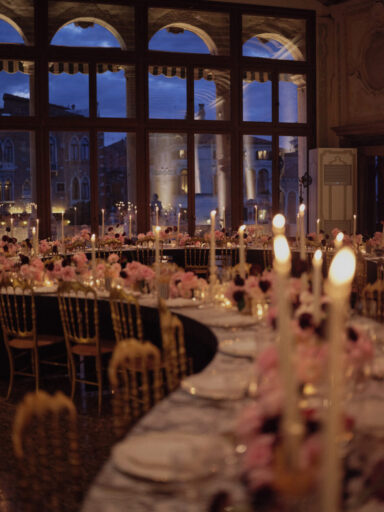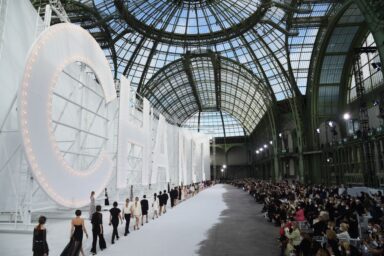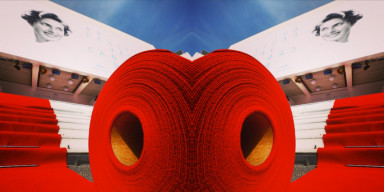Review by: Luigi Locatelli, scholar and film critic
Translated by: Steve Piccolo
La Villa by Robert Guédiguian. With Ariane Ascaride, Jean-Pierre Darroussin, Gérard Meylan, Anaïs Demoustier, Robinson Stèvenin. Concorso Venezia 74.
A family reunion at a bay near Marseille. Lost, faraway offspring return to their elderly father, and the small community of the past is reassembled. But nothing’s the same. A film that without self-pity narrates the end of the world of yesterday, made of solidarity and ideals. Impossible not to be moved. One of my favorites of this festival.
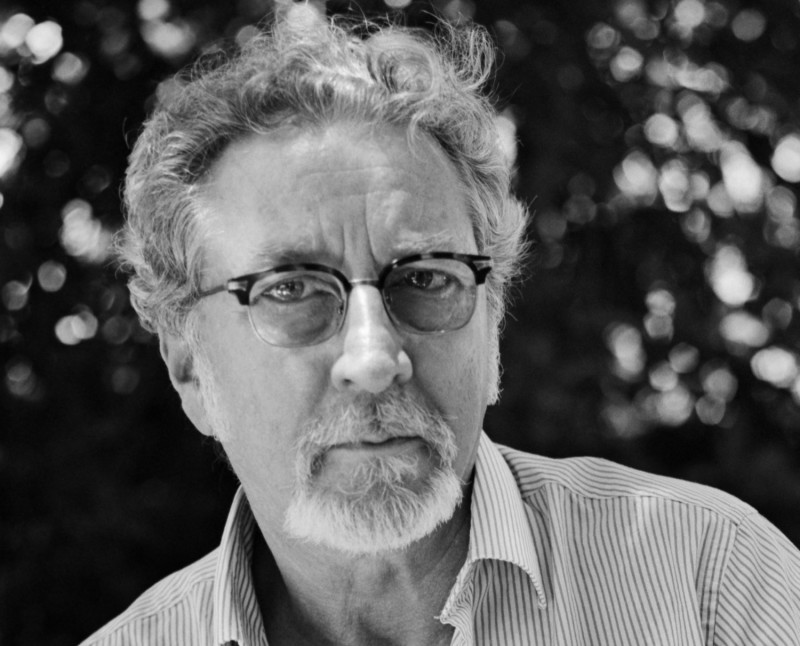
Time that destroys everything. Yesterday’s world and its demise. Old age and the loss of illusions. These are the topics – but without whining and complaint, with the dignity of the loser of a battle fought with honor – in this marvelous La Villa by Marseille-based Robert Guédiguian. The themes are surprisingly similar to those of The Leisure Seeker by Paolo Virzì, screened at the Lido just a few hours later. Which leads to an inevitable comparison: but it’s no contest, Guédiguian wins hands down. There is more truth in a single frame of La Villa than in all the ultrafake, over-excited and conventional American Virzì, with the stars Donald Sutherland and Helen Mirren.
Similar in political background and socialist-labor nostalgia to Ken Loach, Robert Guédiguian is one of those directors you either hate or love. As for me, I’m on his side. Irrationally, I admit. Because though I am not easily swayed by flag waving, by the tales of anti-proprietory epics, by the “way we were when there were factories,” I have always loved and continue to love his proles who stand in the way of the change brought by History, and get run over. Once again Guédiguian, after The Town is Quiet (a film I adore) and The Snows of Kilimanjaro, overcomes any resistance on my part. It is because his films are beautiful and honest, without the least affectation. You watch them and you have the impression that he had a chance to really get to know the old Marseille made of mixed and contiguous peoples packed into its narrow streets (far from the multiculturalist mythologies that plague us today), of labory and sweat. Something that cannot be said of other committed, miltant filmmakers.
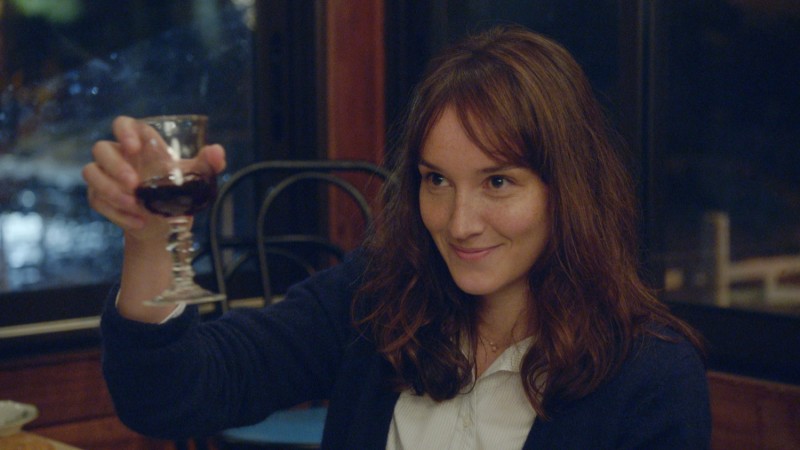
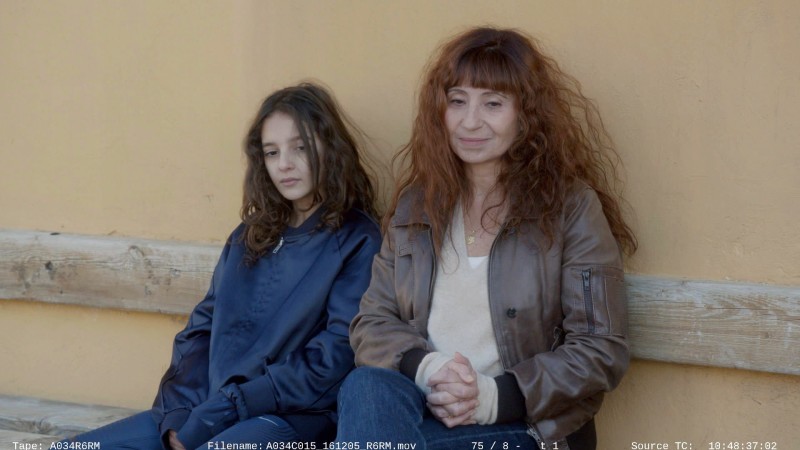
I imaging that this film, La Villa, is made of many autobiographical echoes, a sort of existential reckoning carried out by the director in the company of a gang of very loyal actors who have worked with him for decades, led by his wife Ariane Ascaride and by Jean-Pierre Darroussin. The record of a homecoming of siblings, which winds up extending to neighbors and former comrades in the struggle, in the calanque of Méjan, a marvelous place just outside the city-fetish of Marseille. An old communist militant, founder of a popular restaurant with “low prices so everyone can go there” (food as politics, rather than hipster posing), now run with culinary and ideological continuity by his son Maurice, has a stroke and ends up seriously impaired. The other son, Joseph, an intellectual and of course in crisis (“but I began in a factory,” he hastens to remind us), is already there on vacation with his fiancée, 30 years his junior, one of his former students. At the bay, after decades of obstinate absence – later to be explained – there is also Angèle, the daughter, a theater actress. A family reunion, in a piece of the Mediterranean on the verge of landscape and anthropological mutation. A symbolic place, the big villa with the round balcony (“they came from all over to admire it”) overlooking the calanque. The old residents are gone, they all sold out to Parisians. Besides the restauranteur brother, keeper of the traditions, an elderly couple has never budged from the place, though they are having trouble paying the increasingly steep rent demanded by the new owners. The group is completed by a young fisherman, an amateur actor, and the wealthy son of the couple. The microcosm has been outlined, the characters too, so it’s time for the showdown of the members of the family and the small community. But there are none of the bloody rigors of certain American films; here what reigns is melancholy, nostalgia, an elegiac tone. Guédiguian has the gift of grace, of dialogues that make you sense life. Rhetoric? Of course. What is being staged here is the death of a proletarian world, the end of solidarity and belonging, of an identity, so how can we avoid rhetoric? At a certain point the drama of the migrants also bursts in, with three little (maybe) Syrian siblings. Yet even here Guédiguian manages to cope with a very slippery theme in a delicate, admirably terse way. Regrets and tears, but with nobility, pride, infinite dignity, aware that change cannot be stopped. The elderly couple has understood this, and they decide to leave a world they no longer recognize as theirs. We can accept everything in this film, even the incongruous story of Angèle with a younger guy, because Ariane Ascaride is one of those actresses that can even make the incredible become credible. We get trapped and enchanted by the modesty and naturalness with which Robert Guédiguian weaves his web of stories, affections, regrets, desperation, disappointment. Like a magician, he even manages to convince us – at least for the duration of the film – of the beauty of that world of yesterday. Beauty that never really existed.
Read the Italian version on Luigi Locatelli’s website.
